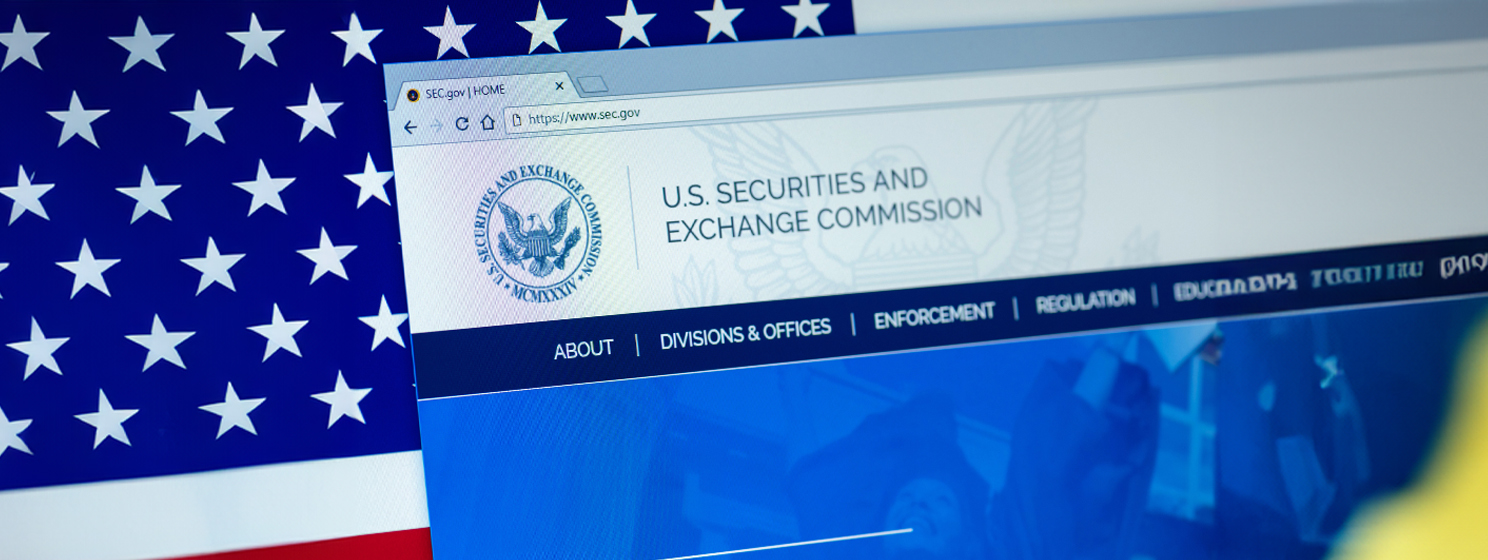
|
Getting your Trinity Audio player ready... |
The calls for a clear regulatory framework in Nigeria are growing louder, with the Minister of Finance joining startup founders, innovators and traders who are demanding Securities and Exchange Commission (SEC) guidelines.
Speaking during the inauguration of the new SEC board, Finance Minister Wale Edun called for a well-defined framework to guide the over 22 million digital asset owners. The new SEC leadership team is led by chairman Emomotimi Agama, a pro-Bitcoin leader the industry believes will be an ally.
“The SEC board should be willing to accept the challenge of regulating these new areas, particularly crypto, as they are fast-moving complex areas,” Edun stated, as reported by local media.
The minister cautioned the securities watchdog against companies that could take advantage of Nigeria to practice regulatory arbitrage and avoid adhering to stringent guidelines.
“Ensure top-notch corporate governance practices, quickly identify and disclose conflicts, and adhere to global best practices. Do not become stumbling blocks for those awaiting processes and approvals,” he added.
Other digital asset industry leaders joined the calls for regulatory clarity. Lucky Uwakwe, who chairs the Blockchain Industry Coordinating Committee of Nigeria, urged the regulator to start by defining digital assets.
This has proven a challenge beyond Nigeria—even in the United States, the SEC and Commodity Futures Trading Commission (CFTC) are still locked in an impasse over whether some assets are commodities or securities. CFTC chair Rostin Benham recently argued before lawmakers that 70% of digital assets are commodities, contradicting his SEC counterpart Gary Gensler, who in May claimed that “many of those tokens are securities under the law of the land.”
Still, Nigeria must do better to protect investors and promote innovation, says Uwakwe, whose organization aims to maximize blockchain opportunities in Nigeria.
“The Nigerian SEC should keep in mind the need to make rules that define the asset class of crypto assets or break respective crypto into asset classes and explain to the public how such crypto qualifies to be called securities or commodities,” he told one outlet.
Agama, the new SEC head tasked with the unenviable job of restoring order to a sector marked by chaos this year, remains hopeful that the agency can deliver. Speaking at an event this week in which Nigeria’s academics joined the calls for digital asset regulation, Agama called for collaboration from all stakeholders.
“Collaborative efforts from regulators, industry stakeholders, and the public are crucial for developing effective regulations. I encourage continued dialogue and cooperation to ensure a secure and innovative financial ecosystem,” he stated.
Watch: Meeting the entrepreneurs of tomorrow at Digital Nigeria

 11-22-2024
11-22-2024


